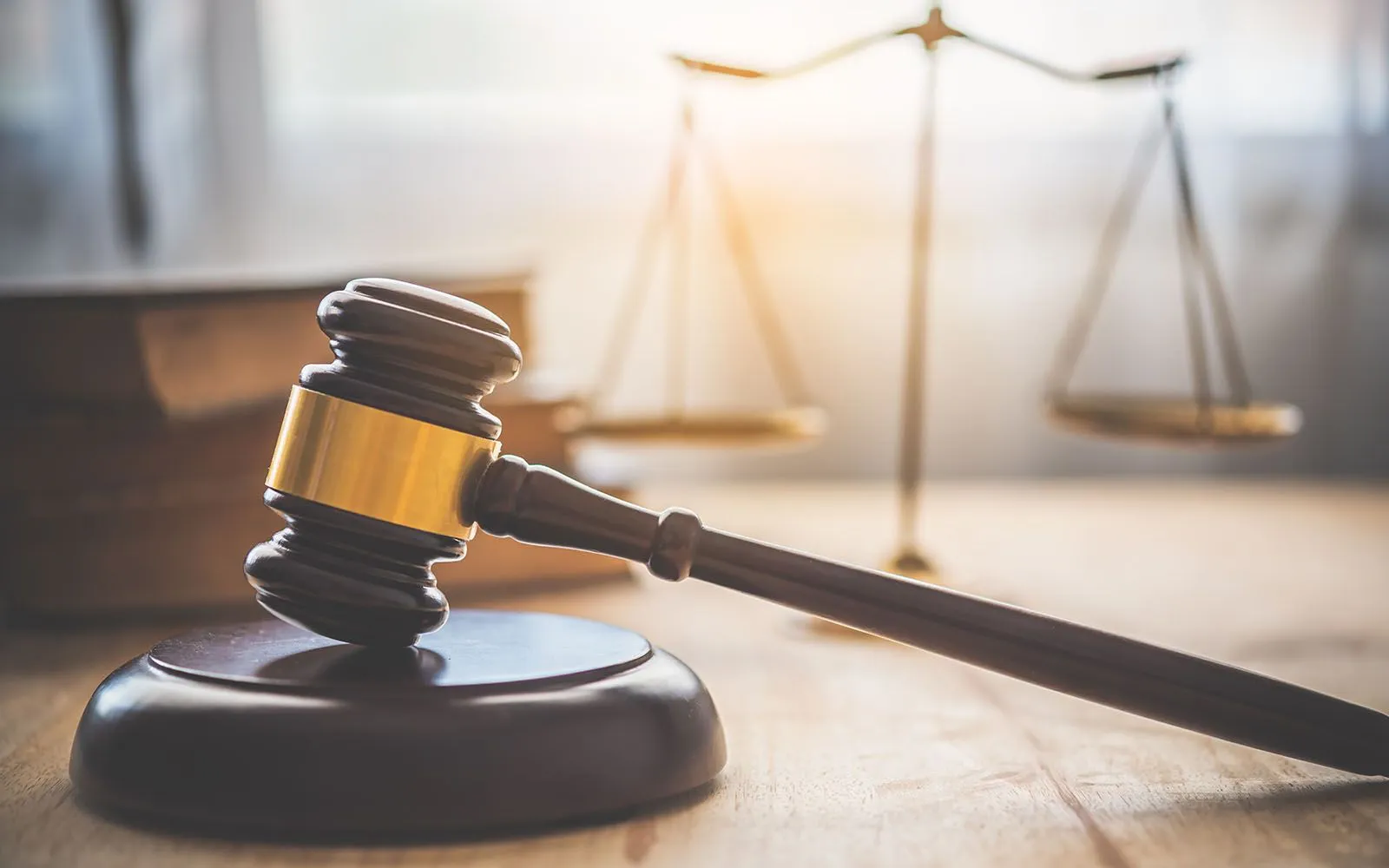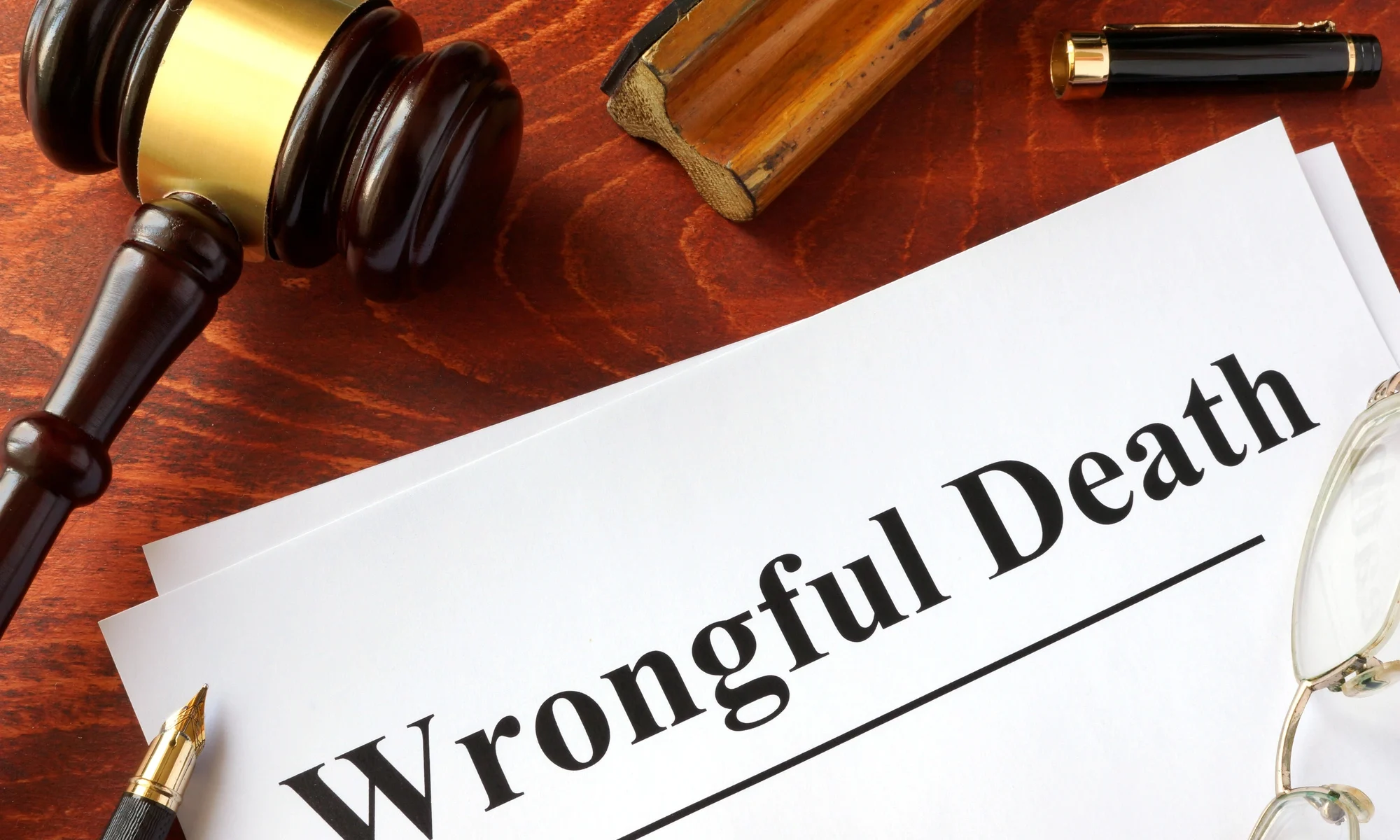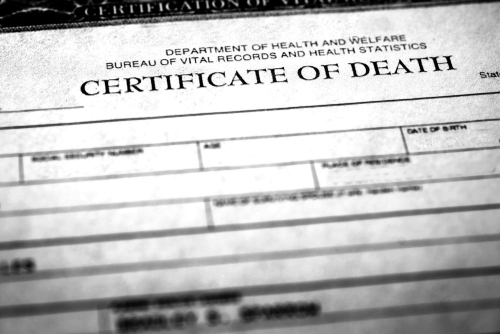How to Fight a Wrongful Death Lawsuit
Facing a wrongful death lawsuit is a heart-wrenching experience, bringing grief and legal complexities that can be overwhelming. In this blog post, we’ll delve into the intricacies of wrongful death lawsuits, offering insights and guidance on navigating this challenging terrain. From understanding the key aspects of such cases to practical steps you can take, we’re here to shed light on how to fight a wrongful death lawsuit with resilience and determination.
What is a Wrongful Death Lawsuit?
Before we dive into the strategies to fight a wrongful death lawsuit, let’s establish a foundational understanding of what these lawsuits entail. A wrongful death lawsuit arises when an individual’s death is caused by the negligence, recklessness, or intentional actions of another party. These cases can stem from various situations, including car accidents, medical malpractice, workplace incidents, or defective products.
Features of a Wrongful Death Lawsuit
One of the distinctive features of wrongful death lawsuits is that they are typically filed by the surviving family members or beneficiaries of the deceased individual. The aim is to seek compensation for the damages resulting from the loss, such as medical expenses, funeral costs, lost income, and the emotional pain and suffering endured by the surviving family.
Car Crashes
Car crashes often become focal points in wrongful death lawsuits, where the negligence of a driver or multiple parties results in a fatal incident. Establishing liability and proving the connection between the car crash and the untimely death are critical elements in seeking justice for the bereaved family.
Motorcycle Collisions
Motorcycle collisions, whether caused by reckless driving, road hazards, or other factors, can lead to devastating consequences and become grounds for a wrongful death lawsuit. These cases may involve proving negligence on the part of another motorist, a government entity responsible for road maintenance, or a manufacturer in instances of defective motorcycle parts.
Pedestrian Accidents
Pedestrian accidents resulting in an untimely death often give rise to wrongful death lawsuits, holding drivers accountable for their negligence. Whether it’s a failure to yield, distracted driving, or disregard for traffic laws, establishing the link between the pedestrian accident and the tragic loss is paramount in seeking compensation and justice for the grieving family.
Untimely Death
The term “untimely death” encapsulates the tragic loss of life in situations such as accidents, medical malpractice, or other unforeseen events. In wrongful death lawsuits, proving that the death occurred prematurely due to someone else’s negligence or intentional actions is essential for pursuing legal recourse and obtaining compensation for the surviving family members. Check out “Who Can Sue for Wrongful Death” to discuss who, under the law, has the standing to sue for wrongful death.
Strategies to Fight a Wrongful Death Lawsuit
Seek Legal Representation Early
The complexity of wrongful death lawsuits underscores the importance of securing legal representation as early as possible. A skilled wrongful death attorney can guide you through the legal process, ensuring that your rights are protected and helping you build a strong defense. Early involvement of an attorney allows for a thorough investigation into the circumstances surrounding the death.
Gather Comprehensive Documentation
Documenting every detail related to the incident is crucial when fighting a wrongful death lawsuit. This includes collecting police reports, medical records, eyewitness testimonies, and any other relevant evidence. Thorough documentation strengthens your case and enables your attorney to assess the strengths and weaknesses of the opposition’s claims.
Expert Testimony:
Expert testimony plays a pivotal role in a wrongful death lawsuit, with professionals in various fields providing specialized insights to support or challenge claims. Whether it’s medical experts, accident reconstruction specialists, or other qualified professionals, their testimony aids in establishing liability and strengthening the case during negotiations or a civil trial.
Negligent Party
Identifying the negligent party is a central aspect of a wrongful death lawsuit, as it involves proving that their actions or omissions directly led to the untimely death. Whether it’s a negligent driver, a healthcare professional, or a manufacturer, establishing the responsibility of the negligent party is fundamental to seeking compensation and justice for the surviving family members.
Establish a Strong Defense
Building a robust defense involves countering the allegations made in the lawsuit. This may include presenting evidence that demonstrates the absence of negligence or refuting claims of intentional wrongdoing. Your attorney will work to establish a compelling narrative that supports your position and addresses the specific legal elements required for a successful defense.
Legal Action
Initiating legal action is a crucial step in a wrongful death lawsuit, where surviving family members file a complaint against the negligent party. This formal legal process sets in motion the pursuit of justice, demanding accountability for actions or negligence that led to the untimely death of a loved one.
Evaluate Causation and Liability
Central to a wrongful death lawsuit is establishing causation – proving that the actions of the accused party directly led to the death. Additionally, assessing liability involves demonstrating that the accused party had a duty of care and breached that duty, resulting in a fatal outcome. These elements are pivotal in determining the success of your defense.
Proving Emotional Distress
Proving emotional distress in a wrongful death lawsuit often involves presenting evidence such as counseling records, therapist testimonies, or personal accounts to establish the extent and impact of the emotional suffering. This aspect of the legal proceedings recognizes that the repercussions of a wrongful death extend beyond financial losses, aiming to provide a comprehensive remedy for the emotional hardships endured by the surviving family.
Navigate Insurance and Settlement Options
In some cases, insurance coverage may play a role in resolving a wrongful death lawsuit. Your attorney can explore potential insurance options and negotiate settlements that are fair and reasonable. While this may not always be possible, exploring all avenues for resolution can be a strategic approach, particularly if it aligns with the best interests of the surviving family.
Financial Loss: Financial loss is a key component in a wrongful death lawsuit, encompassing the economic impact the untimely death has on the surviving family. This may include the loss of the deceased’s income, benefits, and financial contributions, forming a critical element in determining the compensation sought in the legal proceedings.
Burial Expense: Burial expenses are a significant consideration in a wrongful death lawsuit, as they often form part of the damages sought by the surviving family. Seeking compensation for burial expenses is a way to alleviate the financial burden placed on the family due to the unexpected loss, ensuring that the costs associated with laying their loved one to rest are duly recognized and covered.
Medical Expense: Medical expenses incurred before the untimely death, including hospital bills, treatments, and rehabilitation costs, are essential components of a wrongful death lawsuit. Seeking compensation for these medical expenses is crucial in providing financial relief to the surviving family and acknowledging the financial strain resulting from the attempts to save the life of the deceased.
Prepare for Trial, if Necessary
While many wrongful death cases are resolved through negotiation or alternative dispute resolution, preparing for trial is a critical aspect of the process. Your attorney will guide you through the complexities of courtroom proceedings, ensuring that you are well-prepared to present your case and address any challenges during the trial.
Civil Trial
A civil trial is the culmination of a wrongful death lawsuit, where the parties involved present their evidence and arguments before a judge and possibly a jury. The trial is a platform for determining the negligence of the party accused, evaluating damages, and ultimately reaching a legal resolution for the untimely death that prompted the legal action.
Prioritize Communication and Transparency
Open and transparent communication with your attorney is key throughout the process. Keeping your legal representative informed of any new developments or concerns allows for a more proactive approach to the case. Additionally, maintaining clear communication with family members and loved ones ensures a unified front during the legal proceedings.
Emphasize Emotional Impact
Recognizing and addressing the emotional impact of the loss is crucial in a wrongful death lawsuit. While the legal aspects are essential, emphasizing the emotional toll on surviving family members can humanize the case. Sharing the personal impact of the loss may resonate with judges or juries, influencing the outcome of the lawsuit.
Stay Resilient and Patient
Fighting a wrongful death lawsuit is a marathon, not a sprint. The legal process can be lengthy and emotionally taxing, requiring resilience and patience. Trusting your attorney, staying focused on the goal, and allowing the legal system to run its course are vital components of navigating this challenging journey.
Hiring an Experienced Wrongful Death Attorney
Selecting an experienced wrongful death attorney is of utmost importance when seeking justice for the loss of a loved one due to someone else’s negligence or wrongful actions. Wrongful death lawyers, often encompassing the expertise of seasoned personal injury attorneys, specialize in navigating the legal complexities surrounding fatal accidents or incidents. These experienced attorneys understand the emotional and financial toll that a wrongful death can impose on a family, and they play a crucial role in providing compassionate support while vigorously pursuing legal remedies. By hiring a skilled and experienced attorney specializing in wrongful death cases, individuals can ensure a thorough investigation, effective representation, and adept negotiation to secure fair compensation for damages such as medical expenses, funeral costs, and the emotional suffering endured by the surviving family members.
If you’re looking for a trusted wrongful death lawyer in Atlanta, just give Shani Brooks Law a call now!
Conclusion – How to Fight a Wrongful Death Lawsuit
In the face of a wrongful death lawsuit, the road ahead may seem daunting. However, by taking proactive steps, seeking legal counsel, and strategically addressing each aspect of the case, you can increase your chances of a favorable outcome. Remember, you are not alone in this journey, and with the right support, you can fight a wrongful death lawsuit with determination and resilience.
Ready to navigate the complexities of a wrongful death lawsuit with a legal ally who understands the intricacies of your unique situation? Shani Brooks Law brings not just legal expertise but a compassionate approach to guide you through this challenging journey. When facing the daunting prospect of fighting a wrongful death lawsuit, trust in Shani Brooks Law to provide the advocacy and support needed to pursue justice for your loved one and find a path forward. Call our experts today!
FAQs: How to Fight a Wrongful Death Lawsuit
What evidence is crucial in fighting a wrongful death lawsuit?
Essential evidence includes documentation of the incident, police reports, medical records, witness testimonies, and any relevant information that can establish the negligence or wrongful actions leading to the untimely death, providing a foundation for a robust legal defense.
What role does expert testimony play in fighting a wrongful death lawsuit?
Expert testimony is pivotal in establishing liability and strengthening your case. Professionals such as medical experts, accident reconstruction specialists, or other qualified experts provide specialized insights to support your claims and contribute to the overall strength of your legal defense.
Can emotional distress be compensated in a wrongful death lawsuit?
Yes, compensation for emotional distress is a significant component of a wrongful death lawsuit. It seeks to address the psychological impact on surviving family members, acknowledging the profound grief, sorrow, and mental anguish experienced due to the untimely death of a loved one.
How long does it typically take to resolve a wrongful death lawsuit?
The duration varies based on factors such as the complexity of the case, negotiations, or court proceedings. While some cases may be resolved through settlements relatively quickly, others may take longer, involving extensive legal processes to achieve a fair and just resolution.






